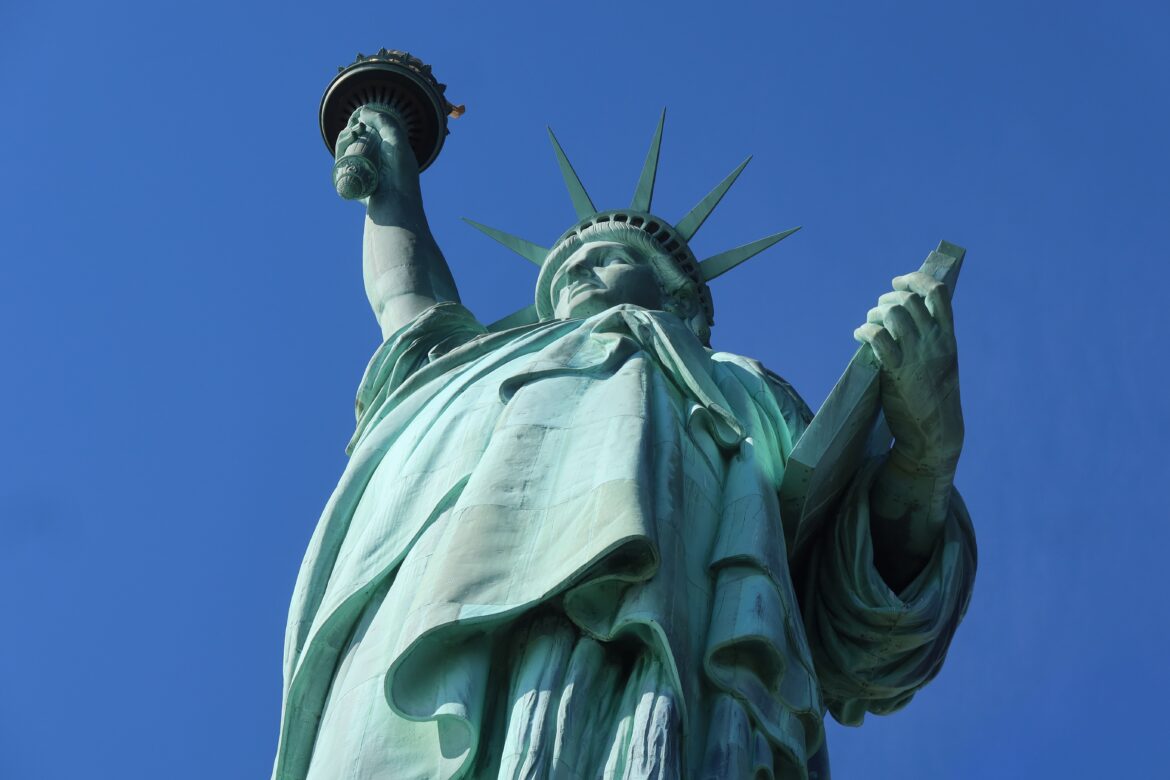Since May of this year, Republican governor Greg Abbott Adams of Texas has packed buses totalling more than 50,000 migrants and refugees and sent them to democratic cities in the United States. This came as a political response to local officials being unable to keep up with the overwhelming amount of migrants seeking sanctuary in their towns. The movement serves as yet another example of the recurring debates on border enforcement and security in the United States, whether this be with former President Donald Trump’s effort to build a wall or upon the topic of sanctuary cities (defined as cities with laws protecting undocumented immigrants from being deported or prosecuted). Unauthorized immigration reached a record high in August this year, with 2.1 million crossings over the border between the U.S. and Mexico. Divides between and inside the Democratic and Republican parties, close to the 2024 Presidential elections, emphasize a root issue – America’s dysfunctional immigration system.
Governor Abbott has spent $4 billion in state funds to deter unauthorized migration, and busing has been his latest strategy – an initiative that has inspired other border states to do the same. Over 13,000 migrants were bused from Arizona and Texas to Washington D.C., New York and Chicago. Adapting to this massive influx of immigrants has been immensely disorderly and challenging for these Democratic cities, as they struggle to meet humanitarian needs and subsequently plead for federal government assistance.
The Capitol’s initial reaction was minimal, with most of the aid received by Democratic cities instead being sourced from non-profits. However, a state of emergency was declared by D.C.’s Mayor Muriel Bowser not long ago, and $10 million for aid was released a few months into the crisis. This public outcry has been mirrored in New York, with the city’s Democratic mayor, Eric Adams, stating that there was “no more room at the inn.” Some refugees and migrants are being sent to hotels in the suburbs of these cities, where they are met with mayors and governors rejecting their town’s role as a sanctuary; dozens of counties have preemptively blocked New York City from bringing asylum-seekers to their shelters and hotels.
The border crisis is deepening divides in the Democratic Party that was once unyielding to the Trump administration’s immigration policies, with many Democrats joining Republicans against President Biden. Some seem paralyzed by this sudden surge of urban migration into their cities, defying easy solutions because of humanitarian and resource constraints, and threatening their political stance on immigration. Exemplifying such is Adams following Republicans in sending buses north. Even with shelter and service grants from the Federal Emergency Management Agency, the compiled financing is simply not enough to provide protection and shelter to immigrants.
Solutions from the federal government could come in the form of new humanitarian parole programs, or temporary protected statuses so that shelters face a lighter burden. The first of such a program could be a temporary admission grant to enter the U.S. for urgent humanitarian reasons, which could be updated to ensure immigrants’ safety after entry. This was put in place not long ago by President Biden, who opened the borders to around half a million Venezuelans, offering them relief through a temporary relief status. However there are not many programs, as is apparent through this particular situation, that protect these immigrants and refugees once they are inside the United States. Additionally, such policies are met with eagerness from the people to find a solution to the gap in the workforce caused by the lack of infrastructure, which has contributed to a spike in homelessness as well.
These issues comprehensively expose the United States’ problematic immigration structure and vulnerabilities of the U.S. reception system for asylum seekers; there aren’t enough structures in place and resources to compensate. Especially following the COVID-19 pandemic, and the end of former President Trump’s strict border rules, this sudden surge proves that Congress needs to act quickly and broaden immigration legislation instead of resorting to ‘easy fixes’. Challenges have not been evenly shared across the country, and looking at arrivals as solely the responsibility of border states has only created more turbulence. The public wants to see steps taken to handle the influx of migrants and refugees. The emergence of this strategy of busing migrants and refugees has been heavily criticized for its use of humans as political pawns, but more broadly brings to light the reality of the immigration situation in the U.S. and its immense internal conflict.
Edited by Justine Delangle
Azélie Lemoine is a 4th year McGill University student, pursuing a B.A. in International Development Studies and Political Science. As an editor for Catalyst, she is particularly interested in international human rights, diplomacy and immigration policies.

